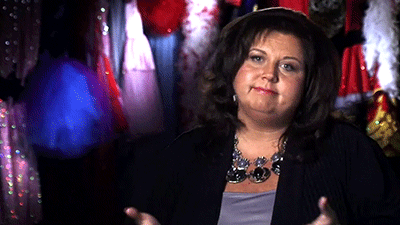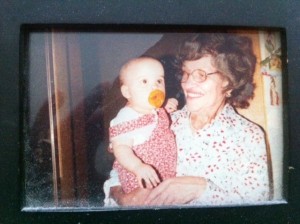Tim Thomas announced Sunday that he would take the 2012-13 NHL season off. On his Facebook page (Thomas’s equivalent of Martin Luther’s doors to the church,) the 38 year old cited three F’s for being the reason for his absence: family, friends and faith.
When read the news, the first immediate comparison I had was to singer Mariah Carey in 2001 (and I tweeted as such.) For those who feel that the comparison is crass or silly, I beg to differ. Both had actual issues with celebrity and the claustrophobia success can bring. Their declines hit public consciousness in very public forums – Carey on the set of Total Request Live (TRL), where she exhibited eccentric behavior while promoting her film Glitter; Thomas when he made a very public issue of declining the Boston Bruins’ trip to the White House.
When one struggles with the inability to reconcile their success with the expectations of that success, they may start to feel like they are falling down an endless manhole with no end in sight. They know what most of the public’s bare minimum for living a content life is – family, friends and a roof over your head – but success leaves them unable to enjoy those basics. Life becomes much more complicated, be it through things the celebrity or athlete can control, or forces that they can’t stop.
And while some who have achieved grand success can take just a week off to recharge and re-motivate, others can’t seem to stop falling down the manhole. Thomas seems to be one. He’s a journeyman who suddenly didn’t have to journey anymore. That end goal he had for himself to motivate him through years of discouraging European hockey was achieved, and as much as a second Stanley Cup and Veniza Trophy could be motivation, that’s like going back to get a second undergraduate degree in the same subject. The experience still could be meaningful, but the practice itself is repetitive. You’re not building upon anything, and there is no opposition to motivate your fight. Sure, other teams would get in your way to another Championship, but to anyone who explicitly says, “You can’t,” you have the hardware to bust out to prove that you did.
Thomas’s cure to the lack of purpose and the mounds of expectation that success brings – taking the season off – appears selfish. It is. He has a contract with the Bruins that he needs to fulfill. But the act of escape is one that every elite athlete or other successful person who has reached their life goal has wished they could do at one point or another. In an 1981 interview of Olympic gold medal winning figure skater Scott Hamilton, Hamilton frankly complains about having to stay motivated after winning his first World Championship, especially with having to deal with the negatives and expectations that came with it. “I was really hungry for (the championship) before. Now that I’ve got it, it’s really hard to stay hungry.” Hamilton continued on to say that not just the repetition of preparing for something he already achieved bugged him, but that now experiencing the cons of success made the success somewhat less desirable.
Thomas wanted to win a Stanley Cup. He wanted to prove others wrong. He did that. Now that he has achieved what he set out to achieve, what is the point of enduring the cons of success when you seemingly don’t have to? Contracts be damned, Thomas is going off to reclaim the bare basics of happiness. He has the resources that many others who need such a refocus don’t have – the luxury to.
And while fans can hate it, teammates recoil in it, and media gossip about it, there is some legitimacy in it. Thomas reached the pinnacle, found the spotlight too bright and now wants to avoid it in a cave. It’s the adult equivalent of hiding in the deepest confines of the closet as a kid when you wanted to get away from your parents fighting or your teething baby sister’s wailing. It was the only quick fix you could think of at the time, and provided you had a closet in your house, you had the resources in which to find the escape.
But eventually, you had to peak out of the closet to face reality (which as a kid, was either boredom or hunger motivated.) And Thomas will eventually have to peak out of Colorado (where he allegedly has moved) to face reality.






 When I was a little girl, I adored the 1980s cartoon Jem.
When I was a little girl, I adored the 1980s cartoon Jem.